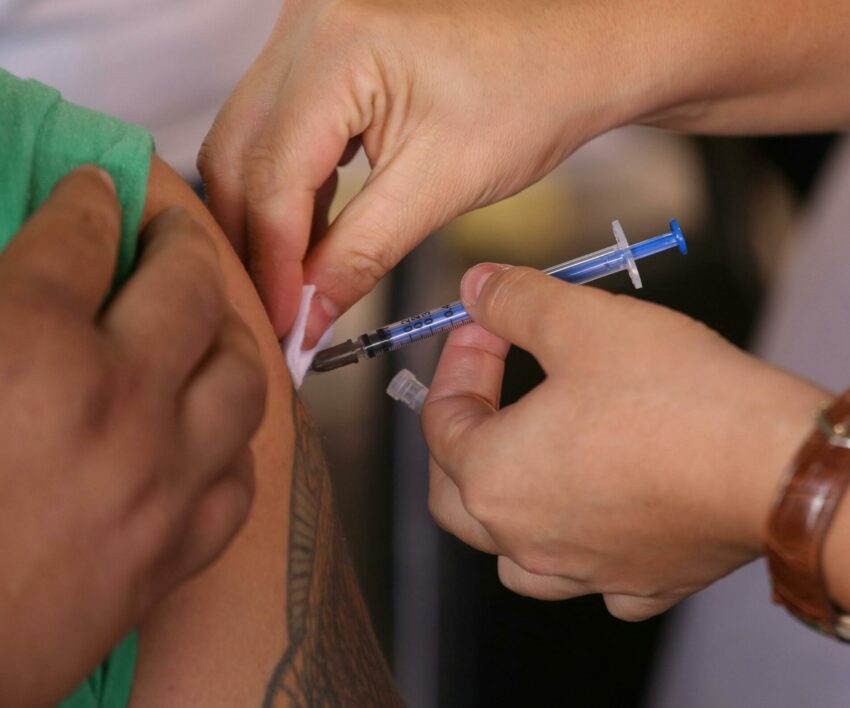getting an injection: picture: pexels
The Southern African Development Community (SADC) Malaria Day commemoration, which is on the 06th of November annually, aims to celebrate progress in controlling the disease, emphasise preventive measures, and mobilise communities for ownership of interventions and actions to end malaria.
According to the National Department of Health, the theme for this year’s World Malaria Day is “Accelerating the fight against malaria for a more equitable world.” The publication explains that this emphasises the need to address disparities in prevention and healthcare access to malaria, highlighting the varying effects of the disease on men and women.
The Cleveland Clinic explains that malaria is a serious disease caused by parasites infected by mosquitoes, causing severe health problems like seizures, brain damage, and organ failure.
The clinic further mentions that malaria is prevalent in tropical regions with high humidity and hot temperatures such as Africa, Central and South America, Dominican Republic, Haiti, and Eastern Europe to name a few.
“More than 90% of malaria deaths occur in Africa, and nearly all of the people who die are young children. More than 80% of malaria deaths in the region in 2020 involved children under the age of 5 years old.”
Malaria symptoms include fever, chills, discomfort, headache, nausea, vomiting, diarrhoea, abdominal pain, muscle or joint pain, fatigue, rapid breathing, rapid heart rate, and cough, states the Mayo Clinic.
The above clinic suggests that to avoid malaria, you must cover your skin, and apply insect repellent to exposed skin. “If you’ll be travelling to a location where malaria is common, talk to your doctor a few months ahead of time about whether you should take drugs before, during, and after your trip to help protect you from malaria parasites.”
The World Health Organization recommends a malaria vaccine for children in countries with high malaria cases and that people avoid using products with oil of lemon eucalyptus or P-Menthane-3,8-diol on children under age 3.
Also see: The impact of stroke in mental health

